KIPRIME Fellows 2019
The KIPRIME Fellows aims to nourish the next generation of Karolinska Institutet Prize for Research in Medical Education winners by offering an inspirational curriculum of mentoring and development activities.
KIPRIME podcast
In the KIPRIME podcast we’ll explore the origins of the KIPRIME and discover the passion and commitment of the people who made it happen; we’ll also hear from previous winners and discover how their research has helped to blaze a trail in this emerging field.
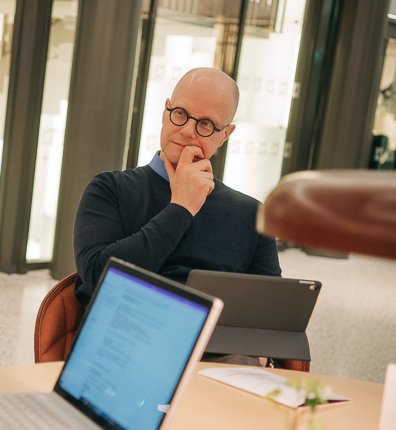
Walter Eppich, USA
"My work explores the synergies between simulation and workplace learning using talk and team interactions as central processes that mediate learning and performance. Our incomplete understanding about the mechanisms of workplace learning limits how learners take advantage of affordances in the workplace, leading to lost learning opportunities.
My research program has explored healthcare simulation practices such as debriefing to prepare health professionals to perform in team-based clinical workplaces. Key findings have highlighted the potential to use simulation not only as a means to help clinicians learn how to perform, but also to help them learn how to learn through simulations and debriefings."
Structuring feedback and debriefing to achieve mastery learning goals.
Eppich WJ, Hunt EA, Duval-Arnould JM, Siddall VJ, Cheng A
Acad Med 2015 Nov;90(11):1501-8
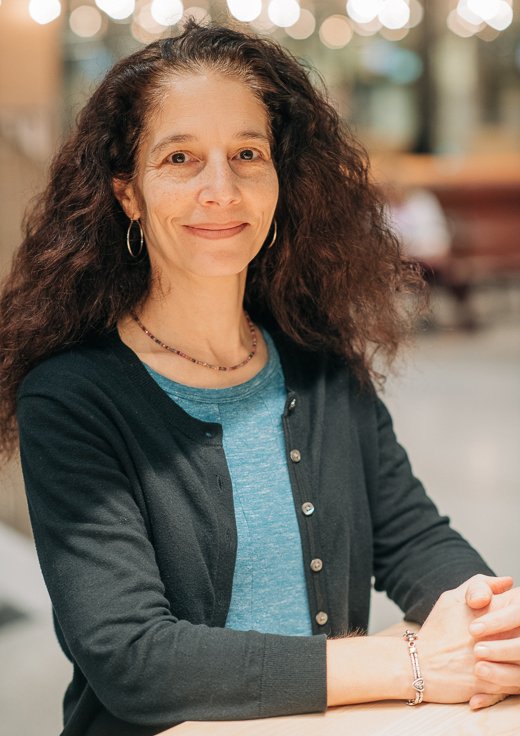
Shiphra Ginsburg, Canada
"The assessment of learners in health professions education has largely focused on numeric scores, rating scales and standardized, “objective” tests. This has led us to ignore and devalue subjectivity, which is a natural part of how human beings make judgments and decisions about each other. As a result, we have inadvertently undermined assessment in multiple contexts. My research aims to reposition the importance of context and subjectivity in assessment and feedback.
My team found that when faculty assess their trainees’ competence in the workplace they are heavily influenced by subjective factors, which don’t align neatly with rating scales and competency frameworks."
Hedging to save face: a linguistic analysis of written comments on in-training evaluation reports.
Ginsburg S, van der Vleuten C, Eva KW, Lingard L
Adv Health Sci Educ Theory Pract 2016 Mar;21(1):175-88
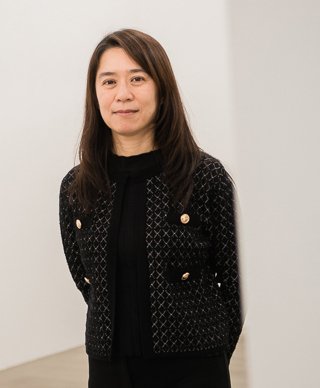
Ming-Jung Ho, USA and Taiwan
"Medical education is a global endeavor that must attend to local contexts. As an anthropologist, my work addresses the problem that dominant Western standards and practices of medical education are often exported/imported to the rest of the world without consideration of local cultural contexts. For example, patient autonomy is a key principle of professionalism, an important competency in global medical education. However, family determination triumphs patient autonomy in medical encounters outside of North America.
I have spent the last 12 years studying medical professionalism across cultures. My research has contributed to a growing awareness that medical education cannot simply be transplanted across countries. I proposed a systematic approach to develop a longitudinal professionalism curriculum which integrates local cultural values."
The "Glocalization" of Medical School Accreditation: Case Studies From Taiwan, South Korea, and Japan.
Ho MJ, Abbas J, Ahn D, Lai CW, Nara N, Shaw K
Acad Med 2017 12;92(12):1715-1722
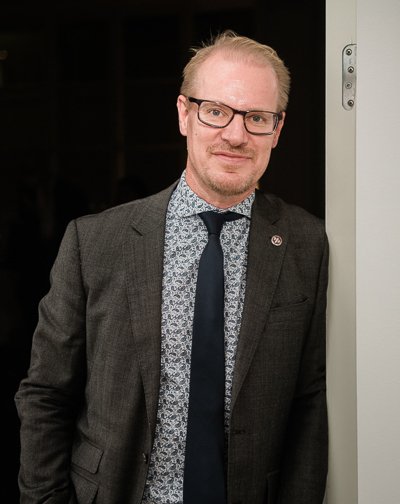
Klas Karlgren, Sweden
Having a background in human-machine interaction and interaction design I bring with me a design science research methodology and a ’designerly’ approach to research that I find useful.
Medical education is a design discipline: it develops interventions and tools which create conditions for learning activities. But not all innovations live up to our expectations in preparing learners adequately for their future practices and many digital tools are even left unused. It is important that we do not treat educational designs as black boxes and that we understand the gaps and challenges that learners run into during their learning activities.
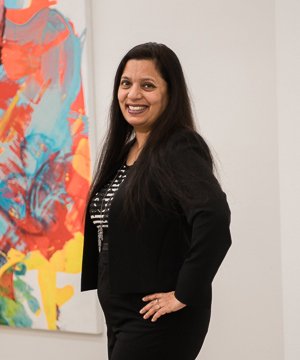
Rashmi Kusurkar, Netherlands
I am fascinated by how and why students learn differently, and why some are able to achieve their potential, while others are not. This inspires me to investigate why students, teachers, and health professionals do what they do in health professions education and practice. My passion is studying motivation. For this I use Self-determination Theory because it posits motivation as the driving force for human behaviour and classifies motivational quality.
I have pioneered this research in health professions education and built scholarship by developing a research programme. With my research group, I unravel the mysteries of academic and work motivation.
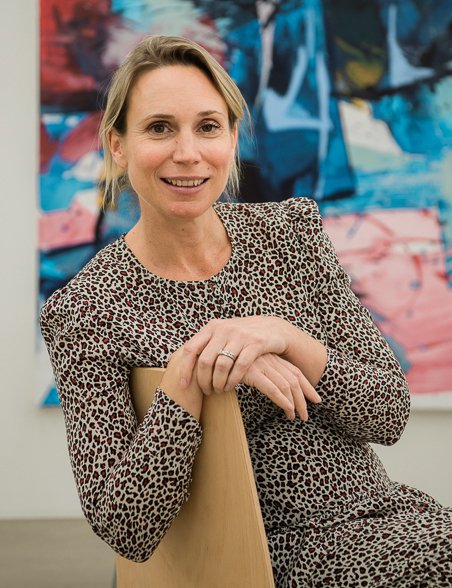
Elizabeth Molloy, Australia
"I am passionate about understanding and improving feedback in health professions education. Despite teachers’ commitment to feedback as an important mechanism for learning, feedback in education rarely produces the effects we’d hope for. Practice is dictated by prescriptive models that aim to make the messages from the educator more palatable for the learner, namely by reducing the emotional static that may be present.
This ‘feedback as telling’ limits the learner’s agency and limits their offering of, and calibration of, perspectives on their own work. We don’t know enough about the ways in which learners actively seek cues, make sense of these and use the knowledge for their own means-what we call ‘feedback literacy.’"
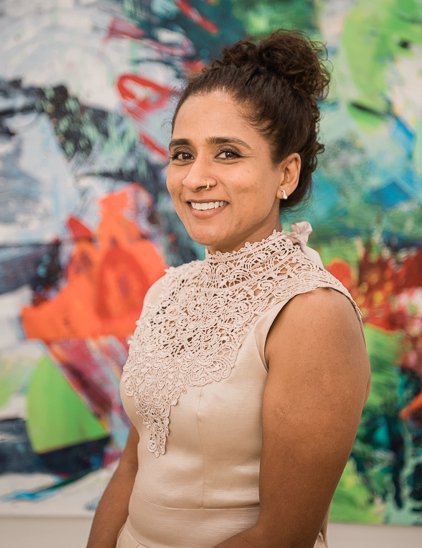
Thirusha Naidu, South Africa
I am drawn to how the established positivist, epistemological landscape of ‘modern’ science and medicine reproduce dominant methodologies and research narratives. Implicit in this tension is a bias which excludes sufficient Global South perspectives and is perpetuated in medical education. As a woman from the Global South I struggle to place myself both personally and professionally within the global Northern frames of medical education and research.
Most work in the area currently emanates from the Global North position. My identity, experiences and context, along with many women in the global South has been constructed as ‘Other’ in Global Northern medical education. A construction requiring training in cultural competence and prompting global medical education and internationalisation programmes before it comprehensible and manageable.

Terese Stenfors, Sweden
"My current research explores the contribution of interpersonal relationships between patients and health care professionals to advance patient health care. As chronic illness and co-morbidity increases within our general population, these relationships assume a pivotal role. Patient-health care professional relationships have been described using concepts such as co-care, person-centered care, or collaborative care. These constructs all emphasize that healthcare requires a close interaction between patient and clinician – however, we understand little about how these concepts manifest in daily clinical practice, or how they influence the quality of patient care.
My work focuses on the variations in how such constructs are understood, and I use these variations as a starting point for dialogue and learning."
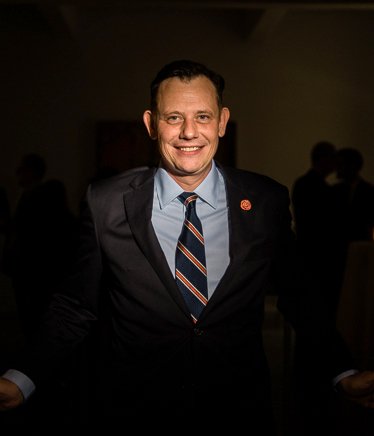
Jerome Rotgans, Singapore
"Notwithstanding decades of research on clinical reasoning, we still do not fully understand the neurological processes that govern it. Whereas my initial research work predominantly relied on behavioural studies in which I explored how external factors, such as time pressure and case complexity affect diagnostic reasoning, my current work includes neuroscience as a tool to study diagnostic reasoning. In my view, neuroscience has the potential to open up a new operational window to investigating the underlying psychological mechanisms of clinical reasoning.
A prominent guiding framework in my research is dualprocess theory, which postulates that there are two independent brain systems that are active during diagnostic reasoning. System 1 is considered the heuristic, intuitive, and fast system, whereas system 2 is considered the analytical, deliberate, and slow system."

Pim Teunissen, Netherlands
"Workplace learning in healthcare is Pim Teunissen’s expertise. He is passionate about understanding how healthcare professionals learn through their work because it provides the key to ensuring excellent healthcare now and in the future. New developments in, for instance, medical technology, genetics, or cancer cures are useless unless we know how to embed them into healthcare practice. Therefore, we educate (future) healthcare professionals to understand and integrate established knowledge and new developments
in their practice.
Unfortunately, current education approaches are leading to an increasing atomization and objectification of what it means to learn for and from excellent healthcare. This tendency creates an educational system separated from the care process."
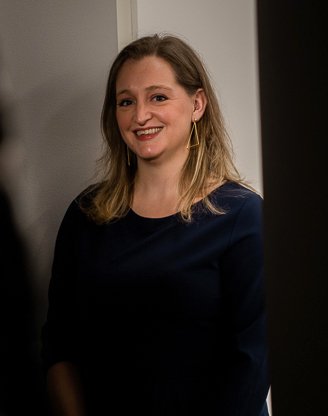
Meredith Young, Canada
"My research examines how problems get solved in Health Professions Education, and the assumptions that underpin what we think makes a good solution. Health professions education (HPE) is an interdisciplinary field populated by multiple theoretical, conceptual,
and practice models. Unfortunately, the relationships between different models are often oversimplified, underspecified, or assumed, and key assumptions within these models remain under-examined.
In order to support teaching, assessment, and scholarship, complex concepts need to be defined or operationalized."
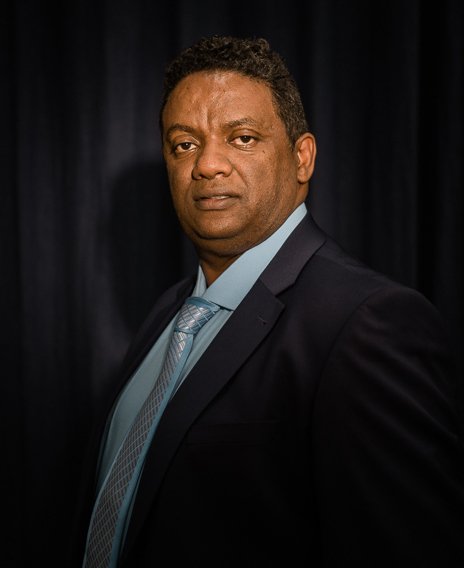
Dawit Wondimagegn, Ethiopia
"The central tenet of my work is the exploration of power dynamics and equity in the context of global health educational partnerships. Global health educational partnerships are unique opportunities for mutual learning and development, however historical factors determined the Import – export model to be dominant. Through my work, I interrogate and realign this pattern in a more positive orientation.
My research as part of a group of global community of researchers focuses on unpacking the problem power imbalances create in terms of marginalizing local knowledge. The gap in our understanding of these imbalances is determined by the lack of evidence for the presence of local knowledge, the lack of clarity as to how forms of knowledge are merged and adapted to different cultures, the lack of ‘models ‘ of partnerships which address inequity and our challenge to promote agency among local communities that we live in and serve."
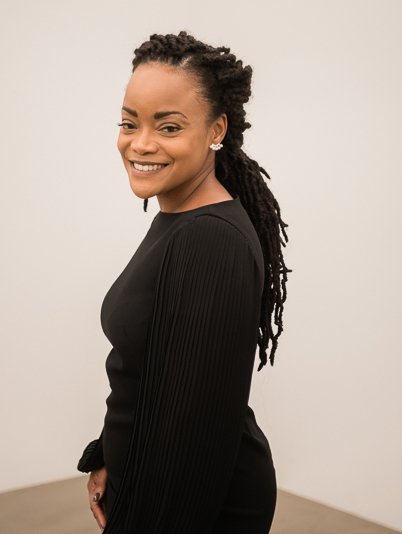
Nicole N. Woods, Canada
"My research explores the development of expertise in the health professions. As a cognitive psychologist, I am interested in the mental representation of diagnostic categories, how different forms of knowledge are used in problem-solving, and how education supports the cognitive architecture necessary for practice. Medical education has traditionally encouraged the acquisition of isolated knowledge. Fragmented curricula often separate the basic sciences (e.g. biochemistry, anatomy and physiology) from clinical knowledge of disease and treatment.
My work has found that this artificial separation of basic and clinical sciences has a detrimental effect on learning."
